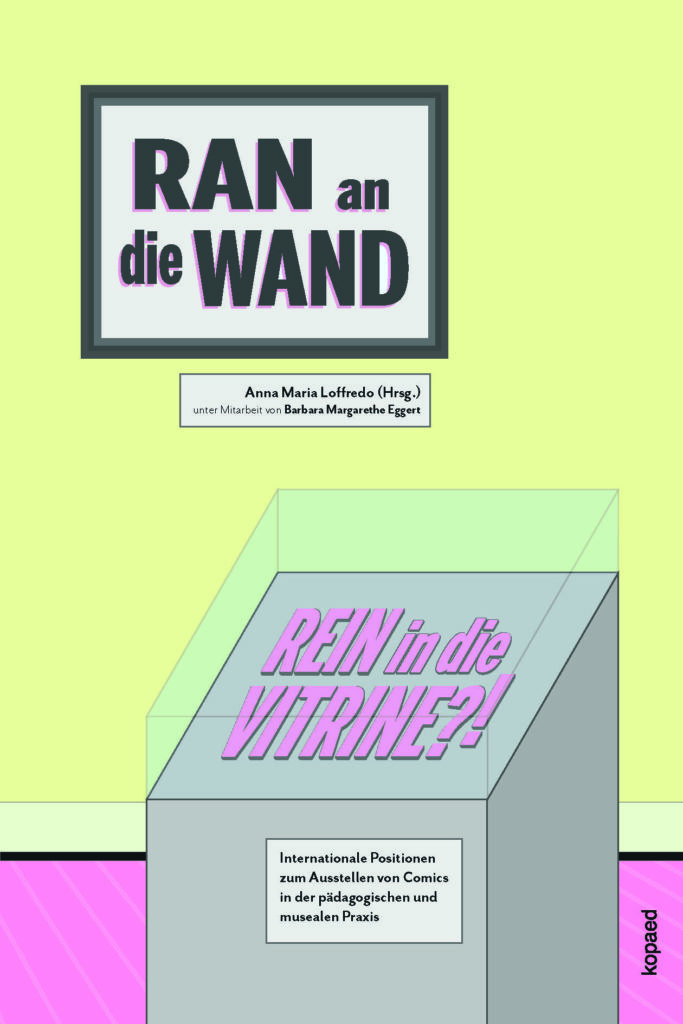Program link
Information on the conference on Stockholm University’s website
6 September – 8 September 2018 at Stockholm University.
In 2018 Sweden and Japan celebrate the 150th anniversary of diplomatic relations. This occasion provides an exceptional opportunity to reconceptualize the study of Japanese culture in a way which meets the requirements of an increasingly networked and digitalized world. Our conference seeks to do that with a Media Studies approach that entwines the technological, social and aesthetic, and acknowledges the importance of everyday practices by non-elite actors. The objective is to revisit the potential and limitations of a privileged academic focus on “area,” in the sense of geopolitics (Japan) as well as subject matter (comics/manga), and to place greater emphasis on mediation in the broadest sense, including ways of how to operate Japan-related expertise as contemporary humanities-based research.
The conference focuses on three aspects:
(1) “Japan as Mangaesque,” related to the highly mediatized nature of contemporary Japanese culture, i.e. its media ecology, highlighting global and local mediations rather than national branding;
(2) “Manga Pedagogy,” applying the mediatic perspective to methodologies of Manga Studies within university programs and academic scholarship; and
(3) “Manga as Comics,” foregrounding media specifity in relation to comics and thereby extending the scope of Manga Studies beyond that of a primarily Japan-related field.
Proceedings
Proceedings available online:
https://orientaliskastudier.se/okategoriserade-en/156/



